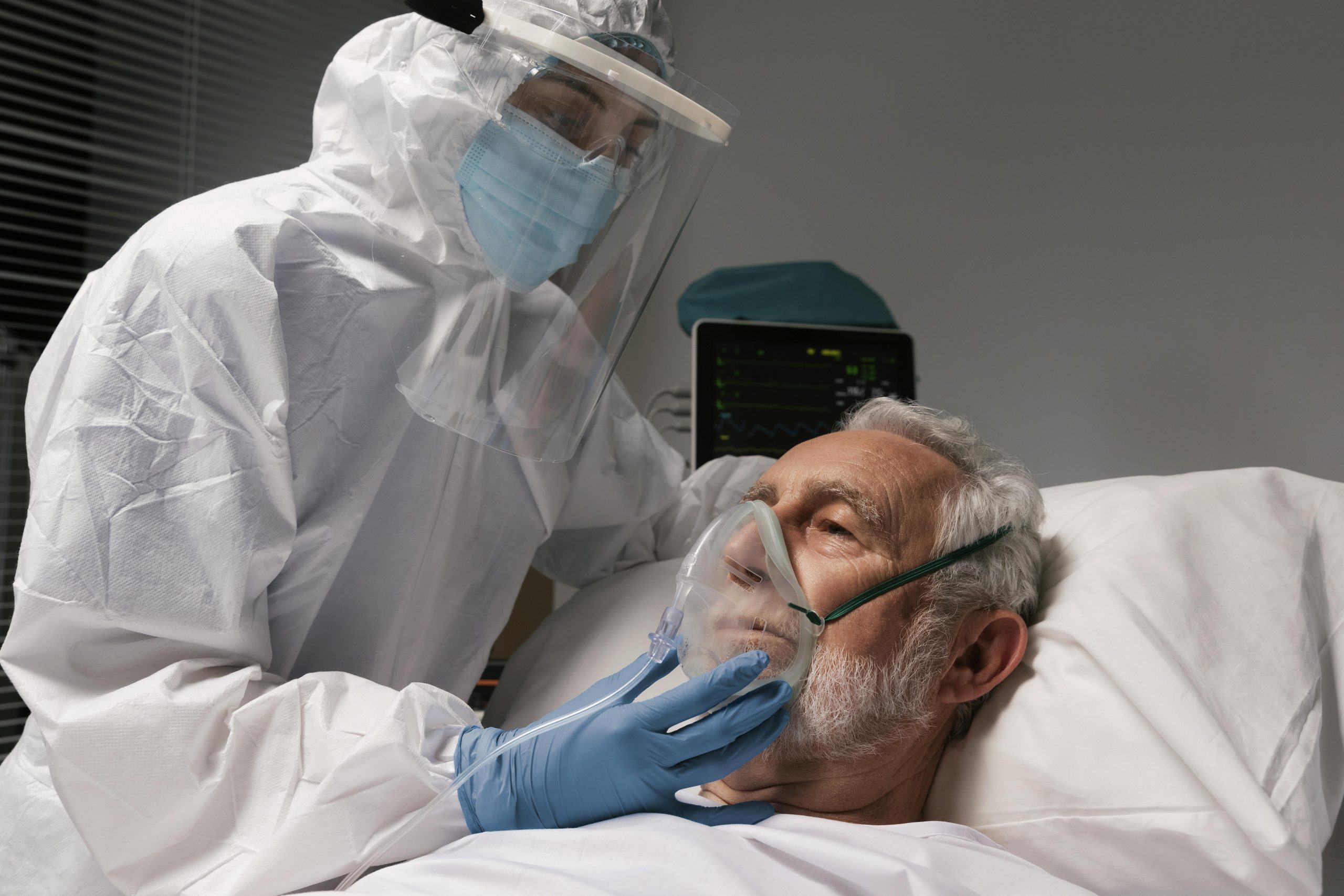

When MRI scans of trial patients were compared to controls, they revealed a higher load of aberrant findings including the lungs, brain, and kidneys. Lung abnormalities were much higher (almost 14-fold higher) in COVID-19 patients than in the control group, whereas aberrant results in the brain and kidneys were three and two times higher, respectively.
The degree of abnormalities on MRI was frequently influenced by the severity of the COVID-19 infection, the patients’ age, and co-morbidities.
The findings are part of the C-MORE (Capturing the MultiORgan Effects of COVID-19) study, which was reported in The Lancet Respiratory Medicine. C-MORE, a multi-center MRI follow-up study of 500 post-hospitalized COVID-19 patients, is a significant component of the national PHOSP-COVID platform, which is coordinated by the University of Leicester and is researching the long-term effects of COVID-19 on hospitalized patients. The findings of an interim analysis of 259 post-hospitalized COVID-19 patients and 52 controls are presented in this paper.
The C-MORE study is conducted by researchers from the Radcliffe Department of Medicine at the University of Oxford and is funded by the NIHR Oxford Biomedical Research Centre (BRC) and the NIHR Oxford Health BRC, as well as the BHF Oxford Centre for Research Excellence and the Wellcome Trust.
The individuals, who were recruited across 13 UK sites, got MRI scans of the heart, brain, lungs, liver, and kidneys five months after being discharged from the hospital. They also underwent blood testing and filled out questionnaires.
‘We observed that roughly one in three patients had an excess burden of multiorgan abnormalities on MRI relative to controls,’ said Dr Betty Raman, who is directing the C-MORE study. Patients with COVID-19 had a higher load of abnormalities involving the lungs, brain, and kidneys five months after hospital release than our non-COVID-19 controls. Individual age, severity of acute COVID-19 infection, and co-morbidities all played a role in deciding who suffered organ harm at follow-up.’
While some organ-specific symptoms correlated with imaging evidence of organ injury, such as chest tightness and cough with lung MRI abnormalities, the study discovered that not all symptoms could be directly connected to MRI-detected anomalies.
The levels of heart and liver damage in former COVID-19 patients were comparable to those in the control group.
The study further revealed that multi-organ MRI abnormalities were more common in post-hospitalized patients who reported severely damaged physical and mental health following COVID-19, as previously observed by the PHOSP-COVID trial investigators.
‘What we’re observing is that persons with multiorgan pathology on MRI, that is, more than two organs afflicted, are four times more likely to report severe and very severe mental and physical disability. ‘Our findings further underscore the need for longer-term multidisciplinary follow-up services focused on pulmonary and extrapulmonary health (kidneys, brain, and mental health),’ Dr. Raman stated.
‘These discoveries are the product of intensive joint efforts by investigators across the UK,’ she added. We are really grateful to the patients and members of the general public who took part in this study.’
‘This extensive investigation of whole-body imaging indicates that alterations in numerous organs are found months after being hospitalized for COVID-19,’ stated Professor Chris Brightling of the NIHR Leicester BRC, who is directing the PHOSP-COVID project. The PHOSP-COVID study is attempting to determine why this occurs and how we might develop tests and novel treatments for extended COVID.’
The study, titled “Multiorgan MRI findings after hospitalization with COVID-19 in the UK (C-MORE): a prospective, multicenter, observational cohort study,” was published in The Lancet Respiratory Medicine.
more recommended stories
 Pediatric Crohn’s Disease Microbial Signature Identified
Pediatric Crohn’s Disease Microbial Signature IdentifiedKey Points at a Glance NYU.
 Nanovaccine Design Boosts Immune Attack on HPV Tumors
Nanovaccine Design Boosts Immune Attack on HPV TumorsKey Highlights Reconfiguring peptide orientation significantly.
 High-Fat Diets Cause Damage to Metabolic Health
High-Fat Diets Cause Damage to Metabolic HealthKey Points Takeaways High-fat and ketogenic.
 Acute Ischemic Stroke: New Evidence for Neuroprotection
Acute Ischemic Stroke: New Evidence for NeuroprotectionKey Highlights A Phase III clinical.
 Statins Rarely Cause Side Effects, Large Trials Show
Statins Rarely Cause Side Effects, Large Trials ShowKey Points at a Glance Large.
 Anxiety Reduction and Emotional Support on Social Media
Anxiety Reduction and Emotional Support on Social MediaKey Summary Anxiety commonly begins in.
 Liquid Biopsy Measures Epigenetic Instability in Cancer
Liquid Biopsy Measures Epigenetic Instability in CancerKey Takeaways Johns Hopkins researchers developed.
 Human Antibody Drug Response Prediction Gets an Upgrade
Human Antibody Drug Response Prediction Gets an UpgradeKey Takeaways A new humanized antibody.
 Pancreatic Cancer Research: Triple-Drug Therapy Success
Pancreatic Cancer Research: Triple-Drug Therapy SuccessKey Summary Spanish researchers report complete.
 Immune Cell Epigenome Links Genetics and Life Experience
Immune Cell Epigenome Links Genetics and Life ExperienceKey Takeaway Summary Immune cell responses.

Leave a Comment